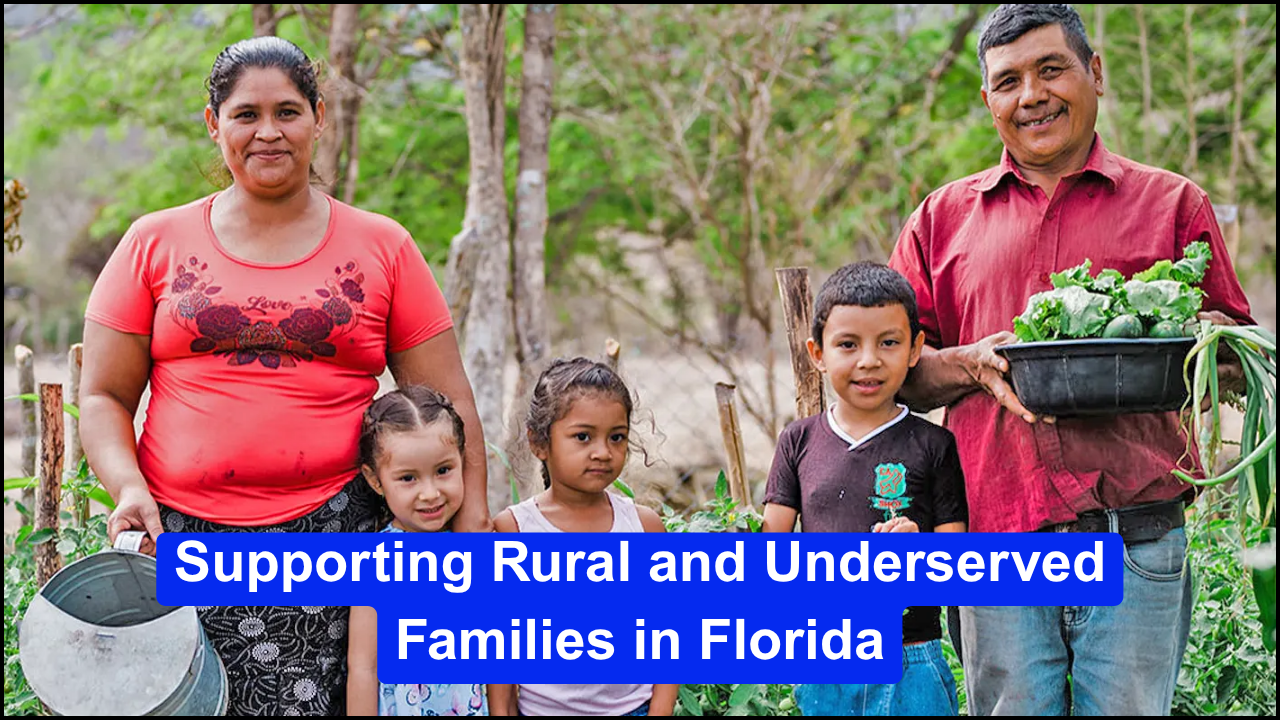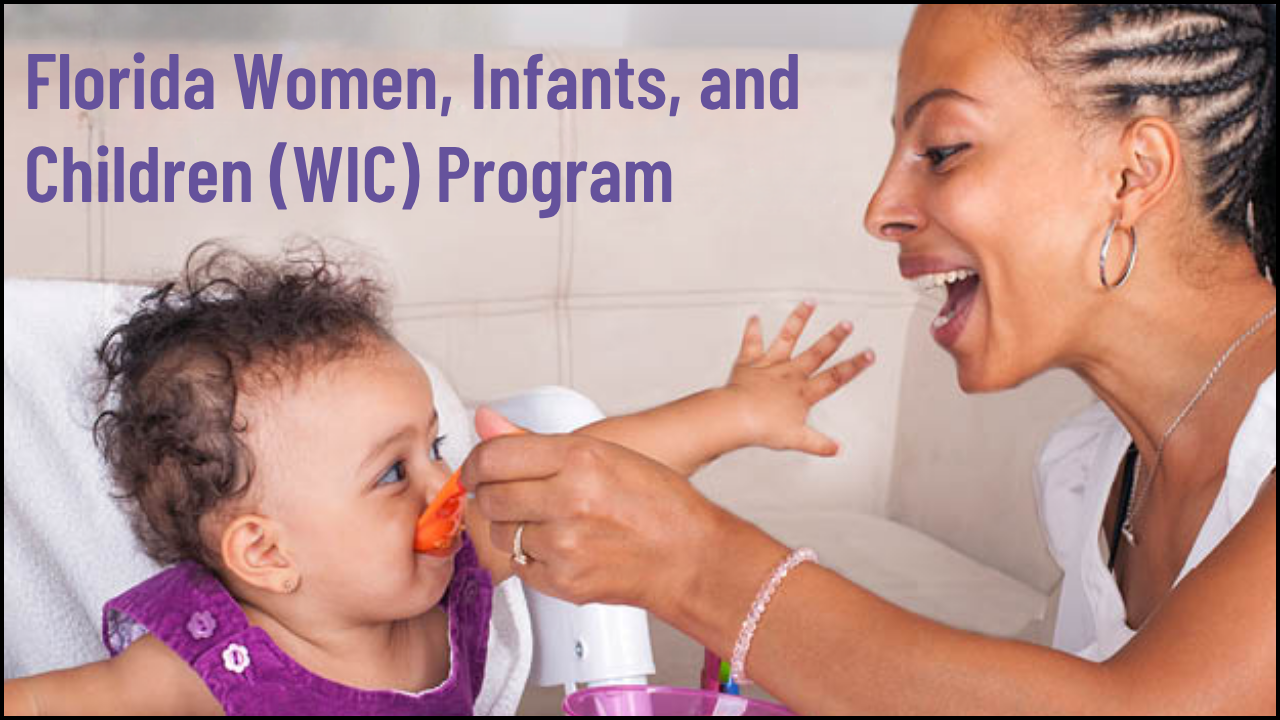
Florida’s Early Steps Program plays a crucial role in providing early intervention services to infants and toddlers with developmental delays or disabilities. Operating under Part C of the Individuals with Disabilities Education Act (IDEA), the program aims to support the growth and development of children from birth to age three. Clear and updated policies, public transparency, and operational guidelines help ensure the program remains accountable, inclusive, and effective.
Table of Contents
Key Components of the Early Steps Policy Framework
- Part C Compliance: Florida’s Early Steps Program is governed by Part C of IDEA, ensuring legal compliance with federal requirements for early intervention.
- Annual Policy Review: Policies are reviewed annually and made available for public comment before submission to the Office of Special Education Programs (OSEP).
- Public Transparency: Proposed changes are published in both the Florida Administrative Register (FAR) and the Early Steps official webpage, encouraging public awareness and feedback.
- Policy and Guidance Documents: Two primary documents guide the program’s operations: the Policy Handbook and the Operations Guide.
Policy Review and Submission Process
The Early Steps Program emphasizes public involvement and legal transparency during its policy update and submission process.
- Annual Updates to OSEP: Updated policies are submitted annually along with the state’s Part C Grant Application.
- Public Comment Period: Proposed policies are open for public feedback before finalization and submission.
- Final Posting: Once approved, policies are officially posted on the program’s website for public access.
FFY 2025 Florida Part C Application and Policy Amendments
For Federal Fiscal Year 2025, Florida submitted several proposed amendments alongside the Part C application. These changes reflect the evolving nature of service delivery and aim to strengthen protections and communication.
| Proposed Amendment | Purpose |
|---|---|
| Release of Confidential Information and Consent to Bill Form | Ensures clarity in how personal and billing information is shared and used with informed parental consent. |
| Notification Opt-Out Form | Provides families the choice to opt out of specific types of program communications or notifications, protecting privacy and autonomy. |
Details of the Early Steps Policy Handbook
The Policy Handbook is a comprehensive document outlining the foundational principles, procedures, and expectations of Florida’s Early Steps Program.
- Federal and State Compliance: The handbook integrates both federal (IDEA Part C) and state-level requirements, ensuring dual compliance.
- Step-by-Step Instructions: Includes detailed guidance on how to complete required forms, letters, and documentation.
- Roles and Responsibilities: Clearly defines expectations for service coordinators, providers, and families.
| Section | Contents |
|---|---|
| Eligibility Criteria | Details who qualifies for services and how evaluations are conducted. |
| Parental Rights | Explains procedural safeguards and due process rights for families. |
| Service Coordination | Outlines the role of coordinators in facilitating Individualized Family Support Plans (IFSPs). |
| Transition Planning | Provides guidance on preparing children for transition to preschool or other services at age three. |
Operational Guidance for Implementation
The Operations Guide complements the Policy Handbook by translating policy into practical actions and workflows.
- Supplemental Resource: Designed to support providers and coordinators in effectively implementing policy.
- Action-Oriented: Focuses on recommended steps and decision-making strategies.
- Flexible Application: Allows for localized interpretation based on community and family needs.
| Focus Area | Operational Details |
|---|---|
| Referral Process | Steps from referral receipt to eligibility determination. |
| IFSP Development | Timeline and procedure for crafting the Individualized Family Support Plan. |
| Documentation Protocols | Best practices for timely and accurate record-keeping. |
| Monitoring and Quality Control | Guidance for internal reviews and continuous improvement. |
Importance of Public Participation in Policy Development
Public input plays a vital role in shaping Early Steps policies. Encouraging families, advocates, and professionals to share their perspectives ensures policies are inclusive and responsive.
- Access to Draft Policies: Public access to proposed policy changes helps families stay informed and involved.
- Feedback Opportunities: Stakeholders are invited to offer written comments, attend hearings, or participate in virtual forums.
- Policy Responsiveness: Comments received during the review process are considered before final policies are adopted.
Confidentiality and Consent in Early Steps Services
Protecting family and child information is central to Early Steps operations. The proposed changes to confidentiality forms are meant to reinforce ethical practices.
- Informed Consent Required: Families must provide written consent before any personally identifiable information is released or billing is processed.
- Notification Options: Families can choose whether they wish to receive notifications or communications from Early Steps.
- Compliance with Federal Laws: All procedures adhere to the Family Educational Rights and Privacy Act (FERPA) and IDEA privacy regulations.
Benefits of Updated Policies and Guidance
Continual review and revision of policies ensure that Early Steps services remain aligned with current needs and standards.
| Benefit | Impact |
|---|---|
| Clarity and Consistency | Improves communication among providers, families, and coordinators. |
| Legal Protection | Ensures family and provider actions are legally sound. |
| Accountability | Facilitates monitoring of service delivery and performance. |
| Enhanced Family Engagement | Builds trust through transparency and accessible information. |
Closing Perspectives
Florida’s Early Steps Program continues to evolve through structured policy updates and public engagement. The Policy Handbook and Operations Guide work in tandem to ensure high-quality services, legal compliance, and effective support for children with developmental needs. Clear processes, public transparency, and a focus on confidentiality reinforce the state’s commitment to early intervention success.





